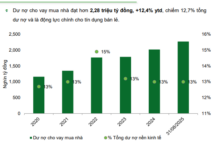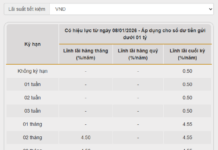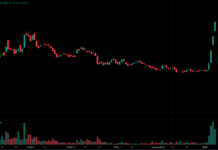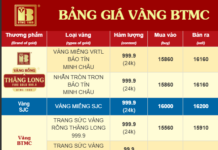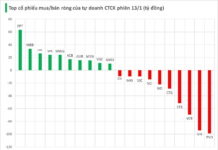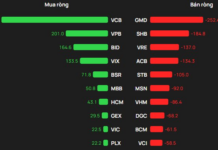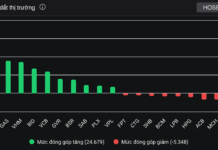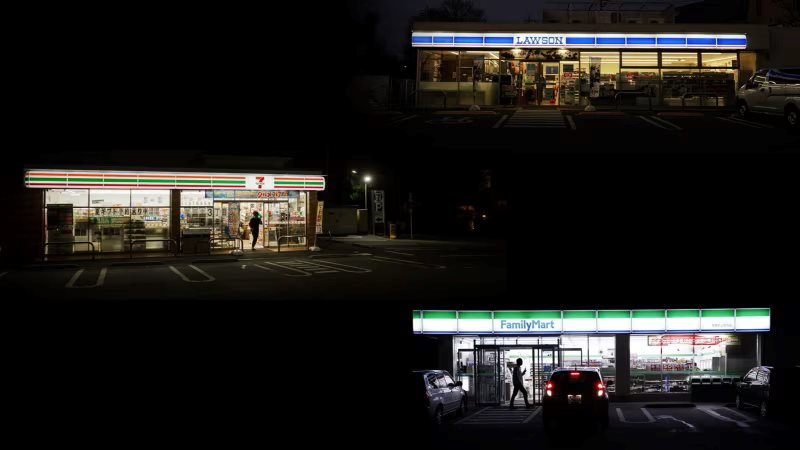
In Japan, where the urban rhythm is synonymous with the perpetual glow of convenience stores like 7-Eleven, FamilyMart, and Lawson, these establishments have long been more than just quick-stop shops. They are symbols of order, productivity, and unwavering service.
Yet, beneath this veneer of perfection, the 24/7 operational model is fracturing. Labor shortages, escalating costs, and the constraints of franchise agreements are straining the very foundation of Japan’s efficiency.
The 24/7 Trap
When Akiko lost her husband, a 7-Eleven store manager in Oita, she discovered he hadn’t taken a single day off in nearly 16 months. Authorities confirmed his death as a result of overwork, a classic case of “karoshi” (death by overwork).
“He repeatedly told the store owner the job was too demanding and he wanted to quit. But with no replacements available, and as the manager, he felt trapped,” Akiko lamented.
According to the Financial Times (FT), Akiko’s husband is not an isolated case. Over 50,000 convenience stores operated by 7-Eleven, FamilyMart, and Lawson across Japan are caught in a similar vortex: understaffed, unable to close, and compelled to maintain profitability for their parent corporations.
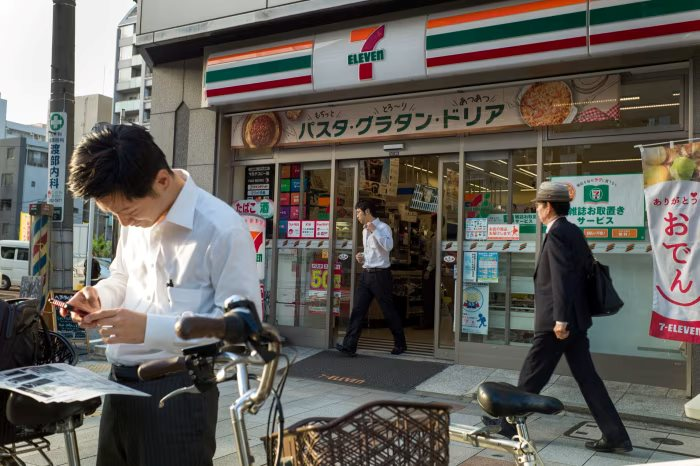
For decades, Japanese convenience stores (konbini) have epitomized modern Japan: immaculate, efficient, and open 24/7, offering everything from bento boxes to utility bill payments. Yet, behind this ever-lit facade lies a fracturing franchise system, where labor pressures, rising costs, and outdated business models are pushing many to the brink.
Japan’s convenience store system, once hailed as a cornerstone of modern social infrastructure, is now paying the price for the very model that fueled its meteoric rise. The near-total reliance on franchise agreements places the financial and operational burden squarely on store owners, who are neither employees nor truly independent entrepreneurs.
For consumers, 24/7 convenience is a given. For store owners, it’s a contractual obligation and an inescapable trap. They bear the costs of staffing, utilities, and inventory without the autonomy to set prices or reduce operating hours.
Despite major chains pledging flexibility after the 2019 backlash, most stores remain compelled to operate 24 hours, as reducing hours risks losing support or being labeled as “uncooperative.”
Meanwhile, labor costs rise annually, while recruitment grows increasingly difficult. Japan’s aging population has shrunk the youth labor pool, making overnight shifts unattractive.
Some stores offer wages 1.5 times higher than daytime rates, yet still struggle to find staff. Many owners are forced to work night shifts themselves, logging over 300 hours monthly, including unpaid overtime.
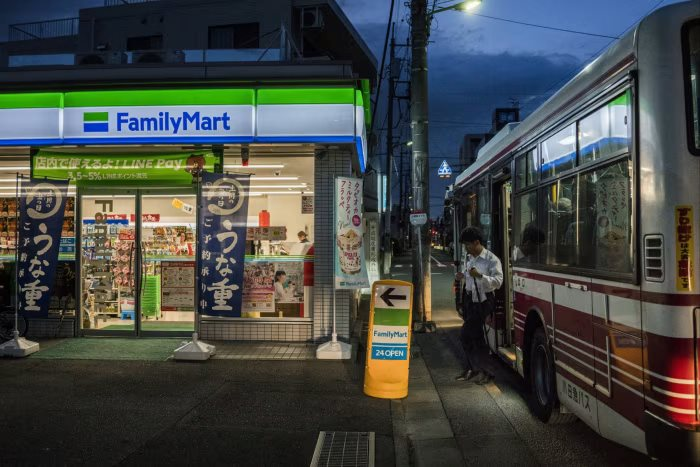
According to the Convenience Store Union, thousands of owners are burning out due to staff shortages. Hiring is nearly impossible with rising minimum wages and no additional profit-sharing from parent companies. Some work 80–100 hours weekly, often unpaid, just to keep their stores afloat.
Major chains like 7-Eleven, FamilyMart, and Lawson operate on a profit-sharing model where 40–70% of gross profits go to the parent company. The remainder is insufficient for owners to raise wages, hire staff, or reinvest.
An internal survey by Seven & i Holdings, owner of 7-Eleven, revealed 90% of owners are anxious about rising minimum wages and plans to open 1,000 new stores. With monthly sales growth at just 0.8%, expansion seems paradoxical: more stores mean greater pressure.
Corporations respond by accelerating automation: self-checkout kiosks, AI ordering systems, and cleaning robots. However, technology only addresses surface issues. The core problem lies in the profit-sharing structure, where risks are socialized among tens of thousands of small owners, while profits are centralized at the top.
An Outdated Model
Seven & i Holdings faces the most significant pressure. After rejecting a $46 billion takeover bid from Alimentation Couche-Tard, the company grapples with stagnant sales growth of just 0.8% monthly, lagging behind FamilyMart and Lawson. Meanwhile, plans to open 1,000 new stores by 2030 have left 90% of current owners anxious about intra-system competition.
An internal Seven & i survey shows most owners are concerned about rising minimum wages and new social costs expected in 2026. Without fundamental changes, many predict the 24/7 model will become unsustainable.
This fracture reflects the limits of a once-celebrated national model. Japan’s work ethic, a symbol of resilience and dedication, is now questioned as its human cost becomes undeniable.
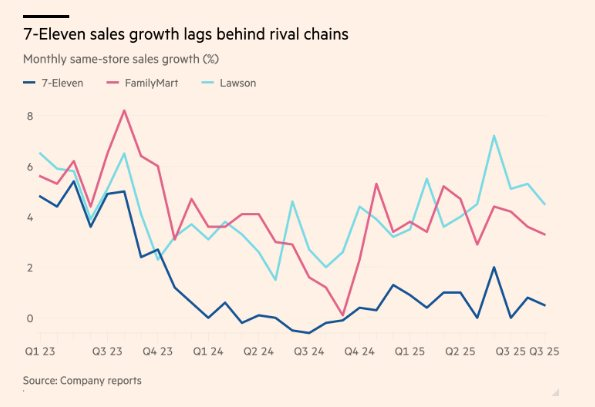
7-Eleven’s sales growth lags behind competitors
Experts warn that without overhauling franchise contracts and fairer profit distribution, widespread closures could follow. Some corporations consider a “mega-franchise” model, where single owners manage multiple stores to reduce costs. However, this approach is risky, requiring substantial capital and concentration, which small owners lack.
While corporations tout “automation” and “productivity,” many owners simply wish for one day off weekly. Akiko’s story is not just personal tragedy but a warning for the entire system: an economy cannot be efficient if it relies on human exhaustion.
Returning to Akiko’s story, she fears her husband’s tragedy will repeat silently.
“I believe there are many like my husband, working endlessly with no replacements,” Akiko worries.
Japan’s ever-lit convenience stores remain a cultural staple. Yet, behind their glow are endless shifts, hidden losses, and silent struggles. Unless Japan redefines its franchise model, the once-proud konbini may become a relic of a bygone era.
*Sources: FT, Fortune, BI
Japan’s ‘Green Gold’: The World Scrambles for Its Rare, High-Demand Powder
In just a few months, Japan has reaped hundreds of millions of dollars from the sale of this revolutionary powder.





